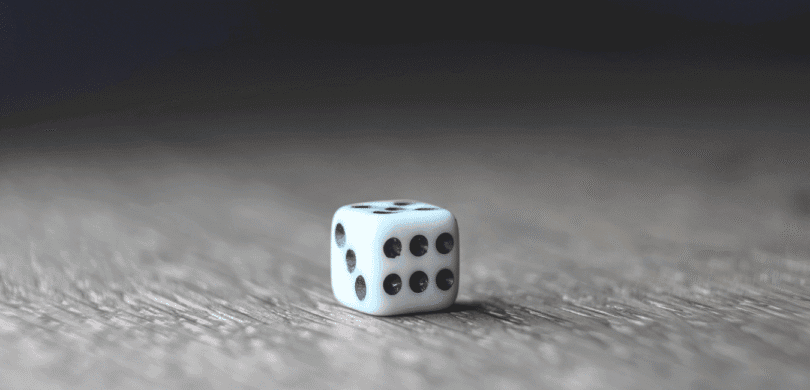Casino play and speculative trading both depend on access and timing. This connection becomes clear when you, for example, look at how pokerscout.com explains credit card casinos, where familiar payment methods lower the barrier for entry, create confidence, and make participation feel effortless. The same sense of familiarity guides speculative traders, who rely on trusted platforms and clear procedures before risking capital. Both worlds reward confidence in access before any decision is made about risk itself.
The Mathematics of Expectation
Every form of play or speculation rests on one idea: expected value. In casinos, every game is built around fixed probabilities and a predictable return rate, often expressed as RTP, which is the percentage of wagers paid back to players over time. Roulette, blackjack, and slots all have their statistical balance, where outcomes may vary in the short run but converge toward the designed average. This mathematical structure ensures fairness within a controlled framework and turns randomness into entertainment, not financial planning.
Trading, however, exists in an open system not governed by any fixed structure. Market outcomes depend on changing prices, global events, and the trader’s ability to interpret them. Probability still governs results, but no formula sets the limits of return. This goes to say that while casino play relies on probabilities that stay constant by design, markets shift with every new signal, allowing knowledge and adaptability to influence results over time.
Why People Take the Bet
In a paper on casino gambling behavior published by the Yale School of Management, the author explains that players often accept small disadvantageous odds because the uncertainty itself carries a kind of reward. This implies that even when the odds are slightly against the player, the act of gambling satisfies the same need for calculated risk that drives speculative traders, only the outcome arrives within minutes instead of months, which gives a faster sense of gain or loss.
Both traders and casino players react to uncertainty in ways that combine logic with emotion. Each decision involves a balance between what can be measured and what must be felt. For some, the attraction lies in the rhythm of immediate results; for others, in the slow build of long-term outcomes. Either way, the act of taking risks and managing its result becomes its own reward.
Time and Payoff
People take risks not only because they find uncertainty rewarding but because the moment of resolution gives that risk meaning. The interval between decision and result determines whether the experience feels immediate or prolonged, and that interval differs completely between casino play and speculative trading. In casinos, outcomes become evident within moments, so the decision and its consequences belong to the same breath. A hand of cards or a spin of the wheel offers a quick conclusion that lets players register gain or loss before thought interferes.
Speculative trading extends that process into measured time. This happens because market positions develop through information, not chance alone, and their results depend on how traders interpret change while waiting. Hours can pass before a decision proves right or wrong, and patience becomes a condition for success. The point is that what casinos resolve through instant clarity, markets stretch into duration, and that tuners time itself into the ground where judgment is tested.
What Long-Term Data Shows
Thinking in the long run is where casinos and trading meet again, because the ability to measure your next step in a given moment to secure a win is what both players and investors must excel at. Yet time treats their decisions differently. In the Annual Review of Financial Economics discussing long-run asset returns, the authors report that global stock markets have historically produced real gains of around six to seven percent a year, while bonds and cash earned far less. The study explains that this outcome rests on patience, because markets reward duration and discipline rather than speed. For investors, time becomes a tool that turns exposure to risk into cumulative return.
Casino play follows a different logic. Probability determines outcomes within minutes, and the cycle ends before one result can build on the last. Each round gives closure instead of growth, and satisfaction comes from the experience itself rather than from accumulation. The contrast shows that markets transform time into potential gain, while casinos transform it into the moment of play.
Understanding Risk as a Choice
Risk defines every decision, but what separates entertainment from investment is time. Casino play turns risk into an experience that ends the moment the game stops. Trading extends it, allowing knowledge, patience, and repetition to change the outcome. Both require confidence and awareness, but only one transforms uncertainty into potential growth. In the end, knowing how long you want your risk to live, for a moment or for a career, is what decides whether it belongs on a trading platform or at the table.

